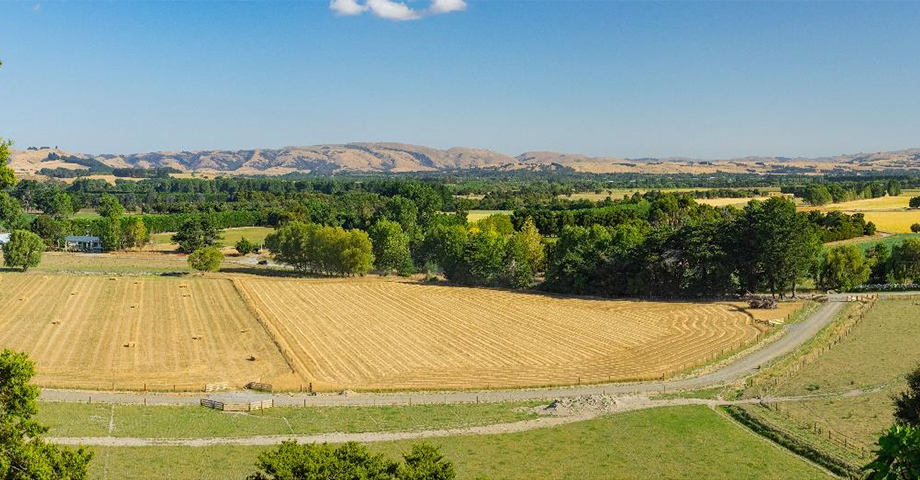
Executive summary
With constant changes in rural New Zealand, particularly when it comes to owning or operating a business, it is clear there is a fundamental shortfall in financial literacy education (McHutchon, 2021). In order to develop strong financial literacy and therefore resilient rural businesses there needs to be a refocus on priorities within rural communities.
This report examines the current levels of financial literacy in rural New Zealand and how best to develop them in a manner geared towards the learning styles of typical rural New Zealanders. The purpose of this report was to identify implementable strategies to bring financial literacy education to everyone involved rurally including farmers, growers, and rural professionals.
In order to complete this report, a survey was conducted of sixty-three participants to get an understanding of the state of financial literacy in New Zealand currently. The survey was supported by a literature review of financial literacy and financial literacy education in rural communities on a wider scale. The report shows the results of the survey as well as analysis of the themes found from a combination of the survey and the literature review.
The themes identified in the report were:
- Financial literacy education
- What education needs to be offered
- How best to deliver it
- Access to education rurally
- Socio-economic factors impacting ability to access financial literacy education
- Financial literacy paradox
Recommended actions to address the issues identified in the report were:
- One-to-one education
Fleming (2020) shows that farmers and growers learn best in a one-to-one environment free from judgement and social stigmas. This means that providing farmers and growers with financial literacy education would likely fall to rural professionals who are already meeting with rural businesses at the kitchen table. - Gamification
There is an opportunity to make the education accessible to all through gamification (Czech et al., 2024). It will allow rural New Zealanders to be educated effectively and on a wider scale at times convenient to them. - Making an education paper compulsory for students studying agriculture degrees If we are expecting rural professionals to step in as educators in this arena, it makes sense to give them a foundation on how best to educate people. Adding a compulsory paper to agriculture degrees and perhaps to law and finance degrees would allow new rural professionals to enter the industry with confidence to support farmers and growers effectively.
Morgan Jones




